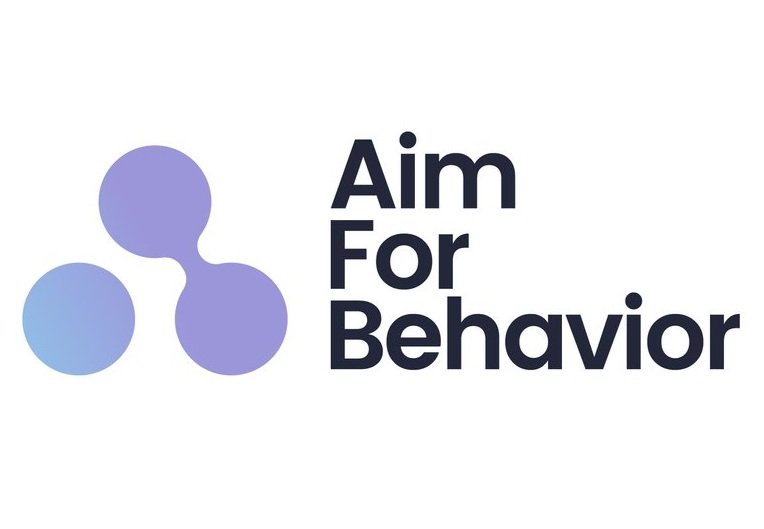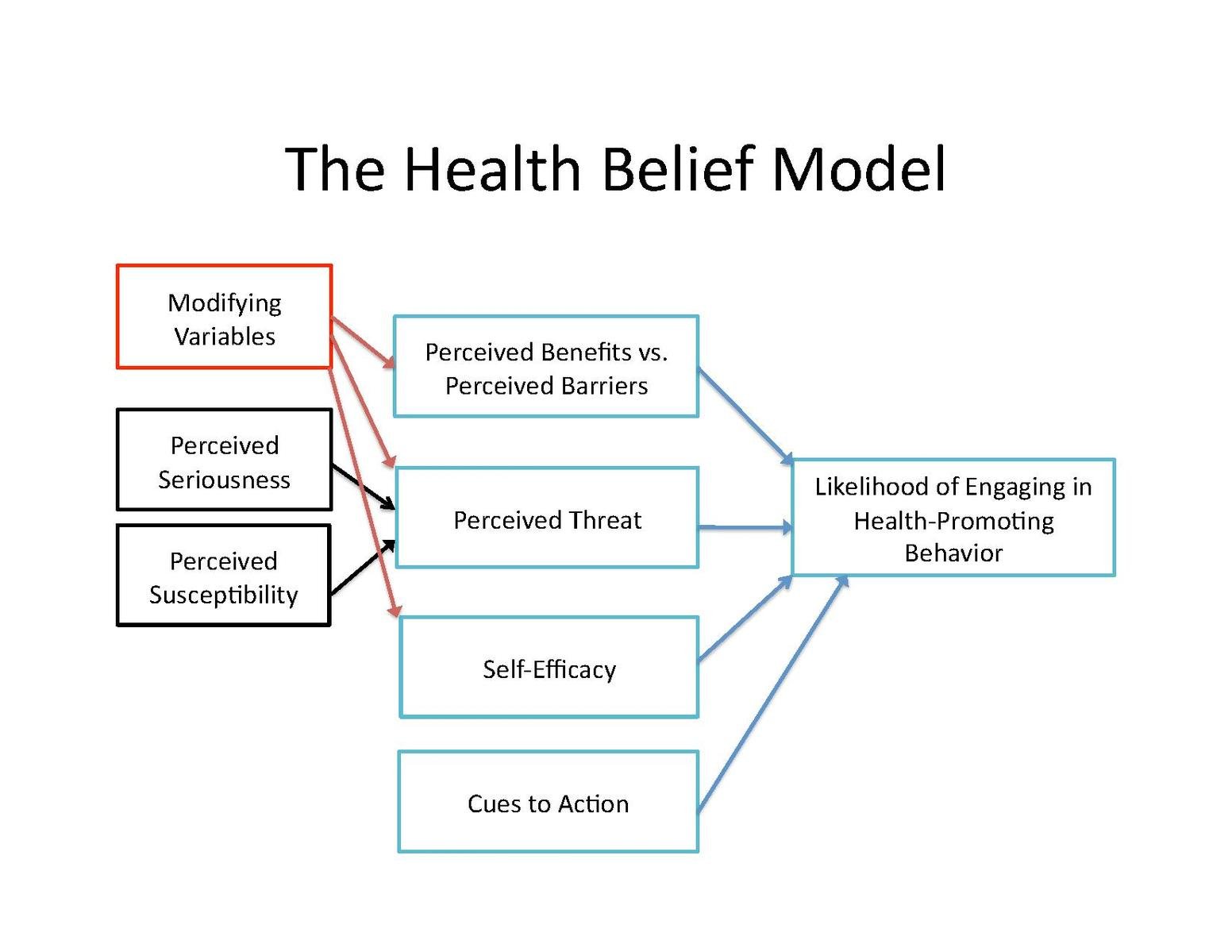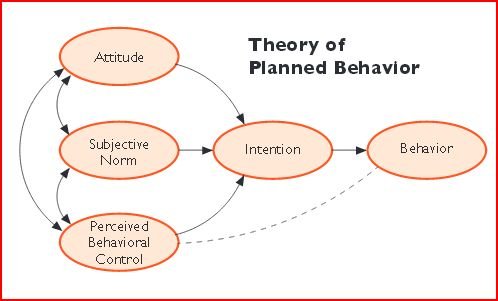Behavioral Science, Psychology & Innovation Models
This is the list of some models, theories and frameworks that we have used and think would help you.
If you have any suggestions on models or frameworks send me a DM on Linkedin here
Enjoy,
Robert Meza
P.S - make sure you bookmark this page 😀
COM-B and the Behavior Change Wheel
By Susan Michie, Robert West and colleagues
The Behavior Change Wheel is made of 19 different behavior change models and is one of the most comprehensive and evidence based frameworks out there.
I personally use this framework on many of my consulting and training projects.
Self Determination Theory
By Edward Deci & Richard Ryan
Self-Determination Theory (SDT) represents a broad framework for the study of human motivation and personality. SDT articulates a meta-theory for framing motivational studies, a formal theory that defines intrinsic and varied extrinsic sources of motivation, and a description of the respective roles of intrinsic and types of extrinsic motivation in cognitive and social development and in individual differences.
Image source: University of Rochester
Transtheoretical Model
By James O. Prochaska & Carlo Di Clemente
The Transtheoretical Model (also called the Stages of Change Model), developed by Prochaska and DiClemente in the late 1970s, evolved through studies examining the experiences of smokers who quit on their own with those requiring further treatment to understand why some people were capable of quitting on their own
Source: (Boston University School of Public Health)
Health Belief Model
By Irwin M. Rosenstock, Godfrey M. Hochbaum, S. Stephen Kegeles and Howard Leventhal
The Health Belief Model is a theoretical framework developed by social scientists in the 1950s to help explain and predict health-related behaviors. It suggests that people's beliefs and attitudes about health, illness, and healthcare influence their health-related behaviors. The model has four main components.
Image Source: The Pennsylvania State University
Habit Theory
By William James
William James is a renowned psychologist and philosopher who contributed significantly to the development of modern psychology. While James wrote extensively on the topics of habit and behavior, he did not develop a comprehensive "habit theory" in the same sense that contemporary behaviorists have.
Source: (Synthesis of Habit Theory, Clark et al)
Theory Of Planned Behavior
By Icek Ajzen
The Theory of Planned Behavior (TPB) is a social psychology theory that helps explain how people's attitudes, beliefs, and intentions influence their behavior. The theory was developed by psychologist Icek Ajzen in the 1980s. The TPB suggests that a person's behavior is influenced by three main factors.
Image source: The Communication Initiative Network
Social Cognitive Theory
By Albert Bandura
The Social Cognitive Theory (SCT) is a psychological theory developed by Albert Bandura in the 1970s that emphasizes the role of social interactions and cognitive processes in shaping human behavior. The SCT proposes that people learn by observing the behaviors of others and the consequences that follow from those behaviors.
Source: (Boston University School of Public Health) -Image source: Collidu
Behavior Drivers Model UNICEF
By V.Petit et al
The Behavioral Drivers Model was developed to contribute to change the way people understand Social and Behavior Change and invest resources, and to renew the push for evidence-based programming as our guarantee of the highest standards of practice.
Image source: UNICEF








